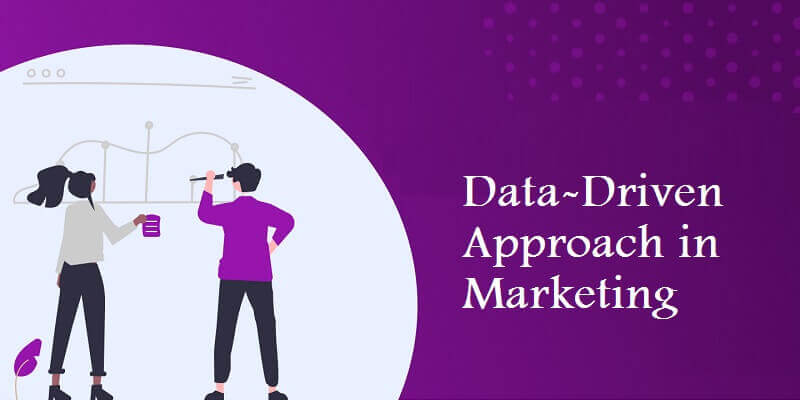In an age where information is power, a data-driven approach in marketing has become not just beneficial but essential. No longer should you base your strategies on intuition and guesses, but rather on solid information that you can gather. In this article, we explore the data-driven approach to marketing, explaining how to turn to it and what challenges you will need to overcome. Are you interested in the topic? Then read on!
The Essence of a Data-Driven Approach in Marketing
At its core, a data-driven approach in marketing relies on data analysis and interpretation to guide decision-making processes. It involves collecting, analyzing, and applying information about consumer preferences, market trends, and campaign performance. This method contrasts with traditional marketing strategies that often rely on intuition or generalized market assumptions.
A data-driven approach is about all the data that you can collect and use. This means more than just general info like age, geolocation, or preferences – it includes delving into details, such as analyzing the clicks a customer made on your website.
Why is data-driven marketing critical nowadays? Because consumer behaviors and market dynamics are constantly evolving. A data-driven approach enables marketers to keep pace with these changes by providing insights that inform more effective marketing strategies. By understanding what consumers want and how they behave, you can craft more relevant, personalized, and successful marketing campaigns.
Advantages of Adopting a Data-Driven Strategy
So, what are the advantages of a data-driven approach to marketing? Take a look at the examples:
- Enhanced customer insights – Data-driven marketing allows for a deeper understanding of your target audience, enabling a better understanding of the target audience and, thus, more relevant messaging.
- Optimized marketing spend – By analyzing what works and what doesn’t, you can allocate resources more efficiently, maximizing ROI.
- Improved product development – Insights derived from data can inform product development, ensuring that new products meet actual customer needs and address their pain points, providing real value.
- Competitive edge – A data-driven approach can provide a competitive advantage in understanding market trends and consumer behaviors better than competitors.
Challenges in Implementing a Data-Driven Approach
While the benefits are clear, several challenges exist in implementing a data-driven approach:
- Data quality and quantity – Ensuring data is accurate, relevant, and sufficient can be challenging.
- Privacy and security – With increasing concerns over data privacy, marketers must navigate the ethical and legal implications of data collection and usage.
- Skills and expertise – A successful data-driven strategy requires a team with the right skills in data analysis, interpretation, and application.
Best Practices for a Data-Driven Marketing Strategy
So, the question that remains is: how to shift to the data-driven approach effectively? Let us give you a few tips on such transformation.
- Stay compliant with data regulations – Always adhere to data privacy laws and ethical guidelines in your data collection and analysis efforts – you don’t want to face the consequences of not doing so.
- Invest in training and tools – Equip your team with the necessary tools and training to effectively analyze and apply data insights.
- Test and Iterate – Continuously test different strategies and use data insights to refine and improve your marketing efforts.
- Focus on customer experience – Use data to enhance the customer experience at every touchpoint in the buyer’s journey, not only to optimize your processes.
The Takeaway
A data-driven approach in modern marketing is not just a trend; it’s a fundamental shift in how marketing decisions are made. By leveraging data to inform strategies; you can achieve a more profound connection with your audience, deliver more effective campaigns, and drive business growth. Adopting this approach is what will soon distinguish marketing leaders from the laggards, so do not delay putting it into practice.



